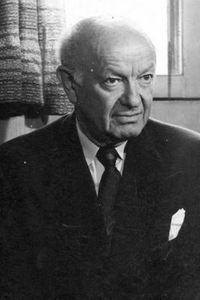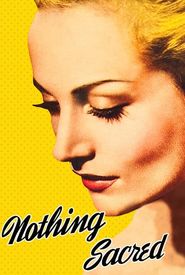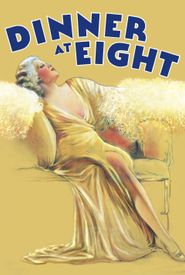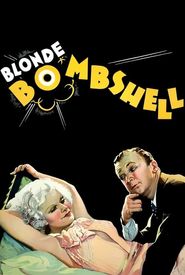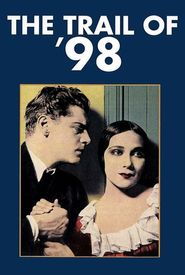Elihu "Elye" Tenenholtz, a talented individual, was born in the Russian hamlet of Azran, near the city of Rovne, in the year 1887. At the tender age of ten, he made the bold decision to leave his homeland and embark on a new journey in the United States.
Tenenholtz's first foray into the world of amateur Yiddish theatricals took place in 1903, where he participated in staged readings of the works of renowned Yiddish author Sholom Aleichem, becoming the first person to do so. This marked the beginning of his illustrious career in the Yiddish theater.
In addition to his theatrical pursuits, Tenenholtz also wrote for and edited a Yiddish satirical magazine under the pseudonym "Moishe McCarthy." His creative endeavors did not go unnoticed, and in 1916, he made the transition to the professional Yiddish stage.
Tenenholtz's association with the great Bessie Thomashevsky played a significant role in his career, as he helped her pen her memoirs, which became the first publication documenting a Yiddish actor's life. By 1920, he had established himself as a prominent figure in the Yiddish art stage, appearing alongside Maurice Schwartz, and on Broadway, where he quickly rose to the top leadership of the Hebrew Actors' Union, the first arts union in America.
In 1925, Tenenholtz co-founded a theater company with Celia Adler, half-sister of Luther Adler and renowned "Method" teacher Stella Adler. Two years later, he received a five-year contract at MGM, marking the beginning of his Hollywood career.
Under his new name, "Tenen Holtz," he regularly appeared in films alongside notable stars such as Greta Garbo, Norma Shearer, Joan Crawford, Jean Harlow, and Marion Davies, and under the direction of renowned filmmakers like King Vidor and Victor Fleming. This period proved to be Tenenholtz's most prolific, accounting for the majority of the 50+ films in which he would appear.
While in Hollywood, Tenenholtz played a crucial role in jump-starting the fledgling Yiddish theater scene, founding a popular Yiddish theater company that included other transplanted Yiddish actors, such as Muni Weisenfreund (aka Paul Muni),Rudolph Schildkraut, and Joseph Schildkraut.
Upon the expiration of his contract at MGM, Tenenholtz moved to Warner Brothers, where he collaborated with Leslie Howard under the direction of Michael Curtiz. However, by the late 1930s, his film appearances became less frequent, and he was relegated to working with Poverty Row studios.
In an effort to escape the decline of his Hollywood career, Tenenholtz moved to a nearby location in Monrovia and opened a chicken ranch. Although he would occasionally return to the screen, he ultimately retired from film. By the time television emerged, he landed a few roles on popular shows such as Perry Mason (1957) and Alfred Hitchcock Presents (1955).
Elihu "Elye" Tenenholtz passed away in 1971, leaving behind a legacy that spanned multiple decades and mediums, from the Yiddish theater to Hollywood films and television.
